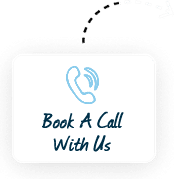
Navigating educational compliance may seem overwhelming, especially if you are new to the role of HR Management. As a school leader, there are so many things to do in order to fulfill your school’s mission. Of course, finding the right fit teachers is the first step, but how do you ensure human resources compliance? What does HR compliance even look like in an independent or charter school? Below is a list to get you headed in the right direction when it comes to hr compliance in education:
1. Deep Dive into Legal Requirements: Begin with foundational laws affecting schools. For example, understand the Individuals with Disabilities Education Act (IDEA) for special education, the Family Educational Rights and Privacy Act (FERPA) for student data, and anti-discrimination laws under Title IX. Resources like the U.S. Department of Education’s website or state education department sites are valuable starting points.
2. Develop a Tailored Compliance Checklist: Customize this checklist to your school’s specific needs. Include items like emergency response plans, background checks for new hires, and compliance with health and safety regulations. Regularly revisit and update the checklist as laws change.
3. Implement Targeted Training Programs: Create role-specific training for staff. For example, teachers may need training on student privacy laws, while maintenance staff might focus on safety regulations. Include scenarios and quizzes to test understanding.
4. Conduct Thorough Audits: Use your compliance checklist during audits. Look for gaps in areas like record-keeping, safety drills, and accessibility measures. Address findings promptly and systematically.
5. Set Up a Confidential Reporting Mechanism: Ensure that staff and students have a way to report compliance concerns anonymously. This could be through a dedicated email, a secure online form, or a suggestion box.
6. Engage with Legal Experts Regularly: Even if you have a firm grasp of current laws, regular consultations with legal experts can provide insights into evolving regulations and best practices.
7. Maintain Rigorous Documentation: Keep records organized and accessible. This includes logs of training sessions, updates to policies, and records of compliance checks. These documents are vital during audits or legal inquiries.
8. Build a Compliance-First Culture: Embed the importance of legal and ethical standards into the school’s culture. Highlight successes in meeting compliance standards and involve the entire school community in compliance efforts.
How Lighthouse Academies Can Help you Manage Your HR Processes
For school leaders new to compliance, Lighthouse Academies offers comprehensive support, including up-to-date training tailored to educational laws and customized compliance checklists. We assist in developing and implementing effective compliance strategies to ensure your school not only meets but exceeds regulatory standards.
Start building a compliant and successful educational environment today. Contact Lighthouse Academies for guidance, resources, and support tailored to your school’s needs. Together, we can navigate the complexities of educational compliance and create a safer, more inclusive learning community.
Educational Compliance, New HR Leaders, School Regulations, Compliance Training Programs, Legal Requirements in Education, School Safety Protocols, Privacy Laws in Schools, Lighthouse Academies Support









